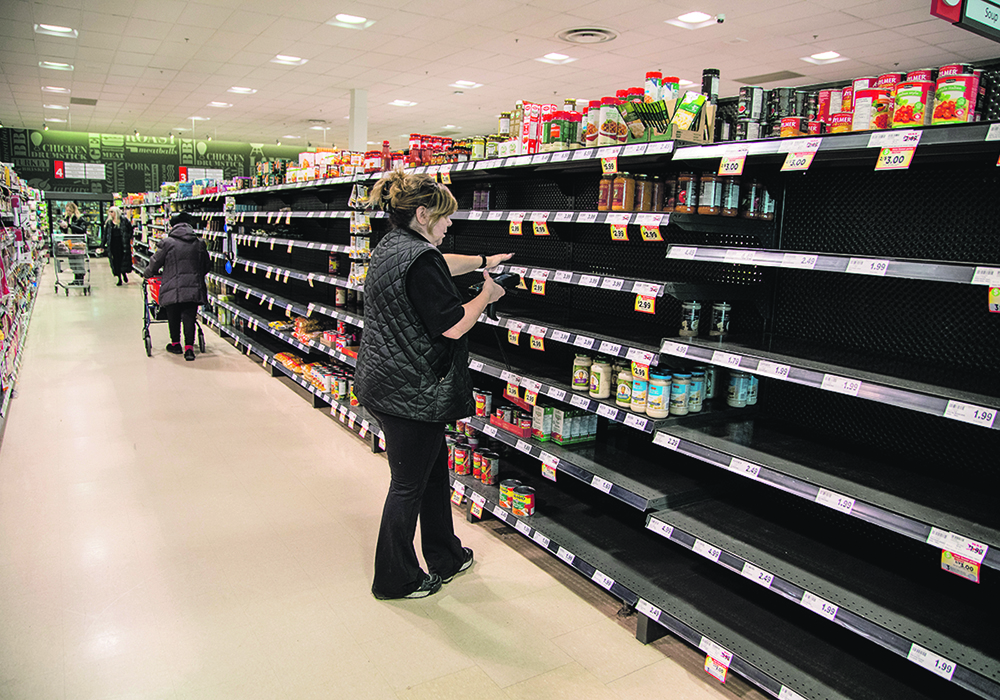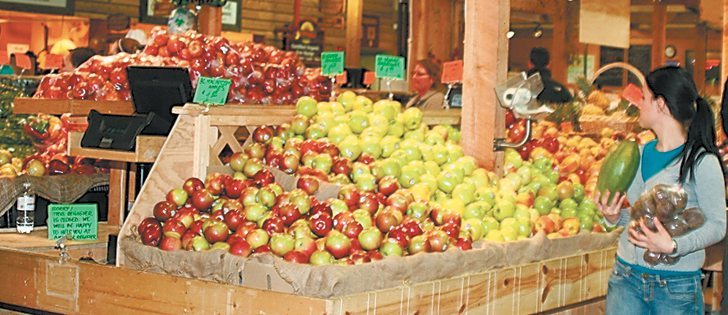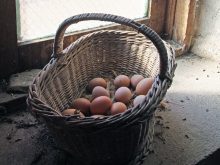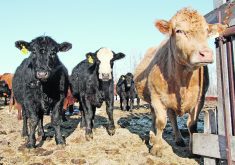Lord knows, MPs do not typically look to journalists for ideas on what they should be doing, but here is a suggestion, offered free-of-charge.
A parliamentary committee, agriculture or other, would be doing the country a service by launching hearings into what is going on at the Canadian Food Inspection Agency.
It is one of the key federal agencies that is supposed to give comfort to Canadian consumers about the safety of their food.
It also would do the CFIA a favour by possibly clearing the air about serious allegations of under-staffing, under-resourcing and too-close ties to the food industry.
Read Also

High prices see cow-calf producers rushing to incorporate
Farm accountants are reporting a steady stream of cow-calf producers rushing to get their operations incorporated ahead of selling their calves this fall.
That is not to suggest something wrong is going on there.
It is to suggest that few people, and certainly not the MPs who are supposed to oversee government, really know what is happening.
Questions about CFIA performance, competence, staffing and funding are usually smothered in a fog of bafflegab.
Government bravado is all about how much extra money it has made available to the agency and how good its international reputation is.
Opposition questions are usually about perceived inadequacies and whether consumers should be worried.
The union representing inspectors regularly challenges CFIA claims about how many front-line inspectors there are and how well the Canadian food supply is inspected.
The agency itself is proposing new rules that would increase the role of food company self-inspection.
And when the CFIA is asked questions, the result is usually the aforementioned fog of bafflegab.
Consider the fact that the government recently published figures projecting a budget cut and loss of up to 224 positions. The explanation offered was that these were programs set up in 2008 after the listeriosis outbreak that are now being “sunsetted” because they are no longer needed.
Public Service Alliance of Canada president Bob Kingston says it is a plan to get rid of extra inspection started after the 2008 crisis and to lower inspection standards.
Last week at the House of Commons agriculture committee, CFIA associate vice-president for programs Paul Mayers was asked about the implications of the cuts.
As a master of the bafflegab fog, Mayers noted that while some programs were slated to end, $100 million had been sent to CFIA for wonderful things like renewal, modernization and food safety.
And as for the direct question about the implications of the projected cuts: “I can’t tell you what the ultimate outcome will be until the process of review of potentially sunsetting programs and any decisions regarding renewal have taken place.”
Farmers would have a word for that foggy response, given the hard numbers in the government projection.
So a serious review of CFIA funding, mandate, staffing, competence and role would be a service.
What is the state of CFIA?
The Commons agriculture committee, lacking legislation to study, has been filling its time with long-term studies — last year a set of hearings on biotechnology that went nowhere and now, a set of hearings on what should be included in the next federal-provincial agreement on a five-year Growing Forward agriculture policy framework that is already largely mapped out by ministers.
A serious investigation of CFIA would likely be far more valuable.














